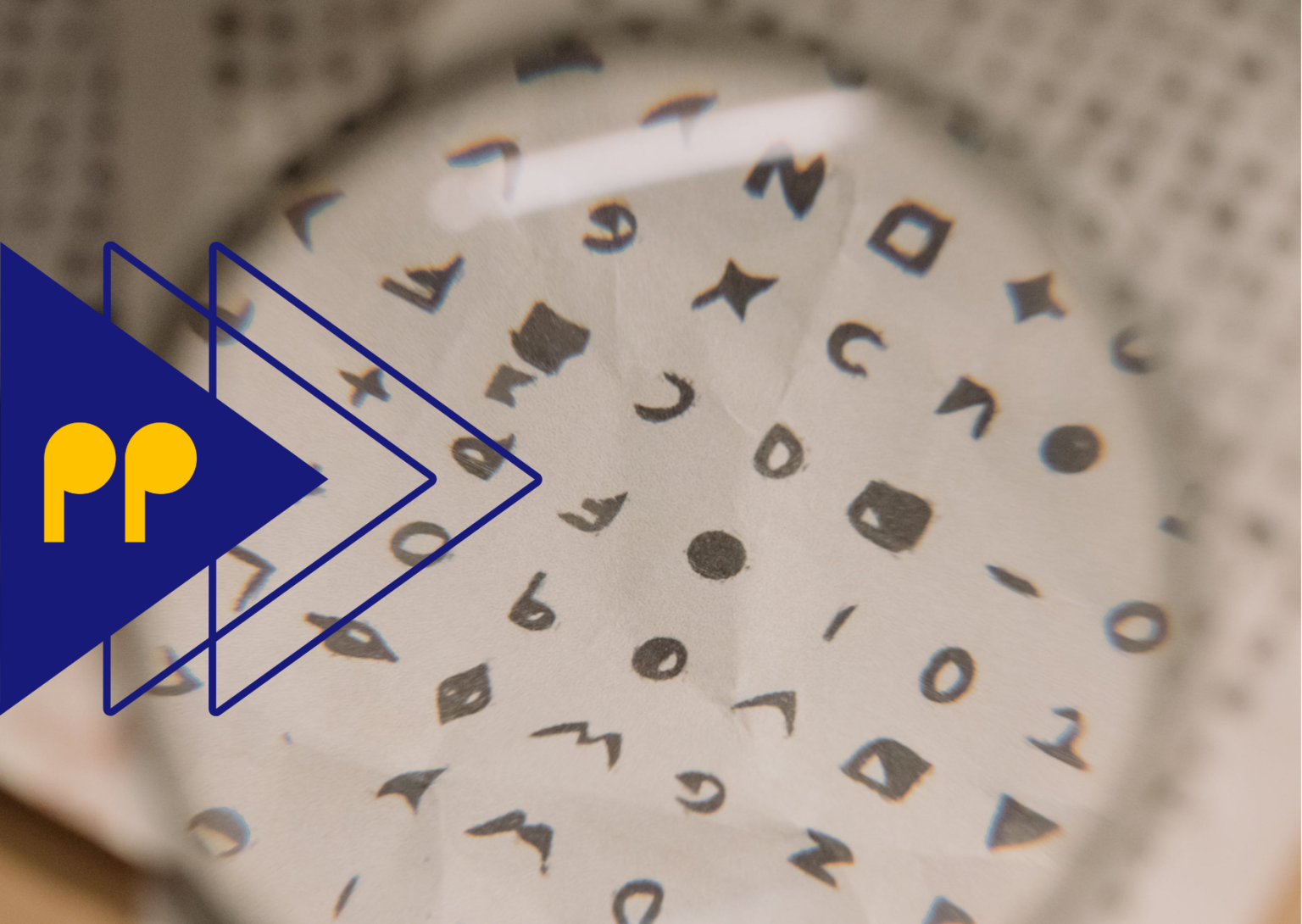The latest polls forecast a total of 165 seats to the ECR and ID Groups combined in the next European Parliament (EP) elections. The two political groups are different and a merging is easier said than done, but a trend is clearly emerging. Despite Europe’s united stance on various crises, the allure of anti-European far-right parties across the Continent is undeniably strengthening, suggesting a shift in the political landscape since the 2019 EP elections.
With just more than four months to go to the next European elections, polls show that reversing the tide will be more difficult this time around. Rumours are that, in one way or another, the ECR Group – and perhaps the ID Group – will need to be involved in the next majority. Be it in the form of an external support, or by being awarded one of the EU top jobs, or being officially part of the governing coalition. The last option is the least likely so far, as the main pro-European parties should still be able to keep the majority in the Parliament, even though by a tight margin. Here’s what’s ahead.
The far-right strategy: simplify, amplify, unify
While more traditional and pro-European parties have tried to label the far-right as mere extremes, those movements have managed to get under the skin of the voters, speak their language, tickle with their fears. Minimising their success and, at best, waving the flag of danger for democracy is just adding more gasoline on the fire. In the past, traditional parties have often taken two roads when confronted with the rise of far-right parties in their political scenarios: either cordoning them off by creating variegated and often unstable coalitions; or flirting with them by trying to speak their language and intercept their voters. Both tactics have proven not to work in the long term.
Alternative für Deutschland, Vlaams Belang, Front National, Partij voor de Vrijheidand and Fratelli d’Italia are all hailing from the far-right of the spectrum, and while bearing differences, they also appear to follow a playbook, simple but efficient enough to keep rising in the polls and win elections. It starts by simplifying the message, reducing the complex bureaucratic language and intercepting those concerns that are often taken for granted.
Simplifying doesn’t necessarily mean making things simplistic. On the contrary, it means understanding the tiredness and overload of information voters are confronted with. Once simplified, the message can easily be amplified. That is the second step of the playbook. SomeSomeone call it propaganda, thus blaming the far right-parties to play with voters’ fears, but that’s also too simplistic.
While they certainly tickle voters’ inner concerns, far right parties are deeply rooted in the texture of the electorate, namely, that the middle class that has been forgotten by the mainstream parties and that represents a good chunk of the electorate, when not the majority. Thus comes the unifying moment. Making people feel part of something simple and widespread; making voters feel part of something that can be heard and taken into account, and that comes with identifying (a fourth, bonus step) a common enemy to blame and to use as scapegoat.
The next European elections: a diverse vision for Europe
The far-right playbook can be criticised, demonised and ostracised. But, it should first be understood in its root causes and mechanisms. Only then can it be counter-argued, opposed in the democratic arenas, the EP among them. Banning or ostracising far right parties will only get as far as forming a coalition of parties that have little else in common, thus resulting in weak governments.
The next European elections won’t be a referendum on Europe. They will be a multiple-choice quiz on the Europe that citizens want in their future, on the Europe that better resonates and connects with their feelings and ideas. In the freedom of expressing those multiple choices lies how the Union deals with its fundamental principles, and how it writes its own playbook.

